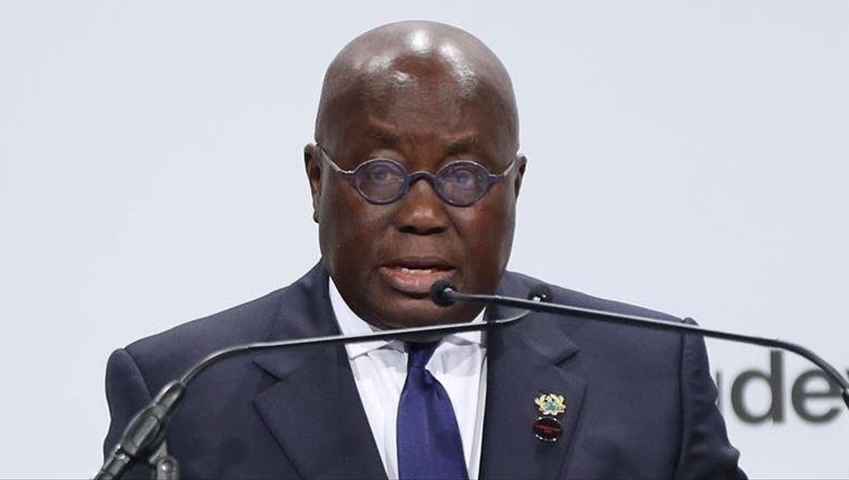NEWS
Ghana begins first fully digital Population and Housing Census

Ghana has commenced its first fully digital national Population and Housing Census on Monday in an attempt to capture the exact population number for better national growth.
The last census of Ghana was done in 2010, which put the population number at 24.6 million.
The 2020 census was postponed to 2021 because of the outbreak of the COVID-19 pandemic.
As indicated by the Ghana Statistics Service (GSS), there are 67,419 field enumerators deployed to collect data across the country and to collect data on digital tablets within the borders of the West African nation.
The Chief Government Statistician, Samuel Annim said that the enumerators would target people traveling, people in short-stay institutions such as health facilities, hotels, and prisons, and those considered homeless at their locations.
He said, “The counting that we do at Ghana Statistics Service during a Population and Housing Census is the snapshot of the population, and it is an all-inclusive exercise.”
Annim called on all those within the nation as of the start of the census to make themselves available to be counted since the population numbers would assist to plan for several sectors of the nation’s socio-economic architecture.
The Field Operations Manager at the GSS, Peter Takyi Peprah said in an interview that the digital data collection marked a great difference between the 2021 census and the past ones.
He said, “The digitisation will help us deliver results more promptly and accurately than we used to have with the paper and pen data collection in the past.”
A Ghanaian bus driver, Dennis Agyemang stated that he was delighted to have been counted on Sunday night since that would assist the government to plan well in advancing the nation.































